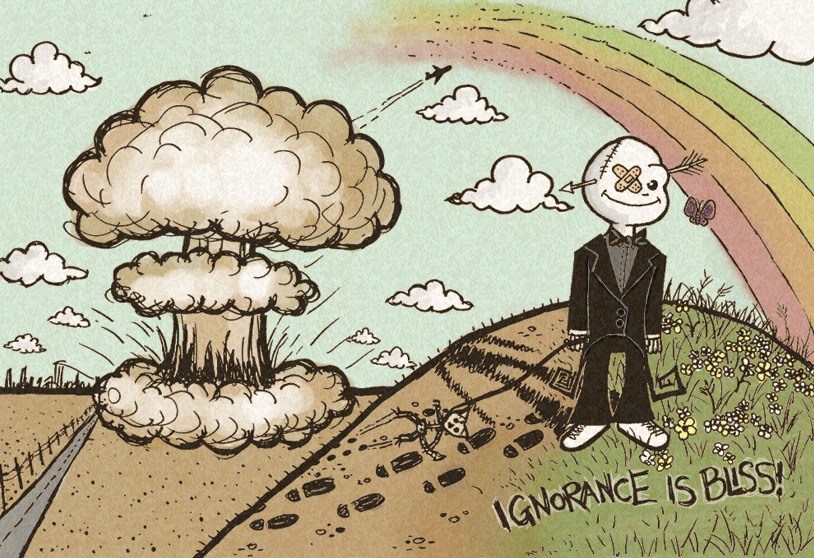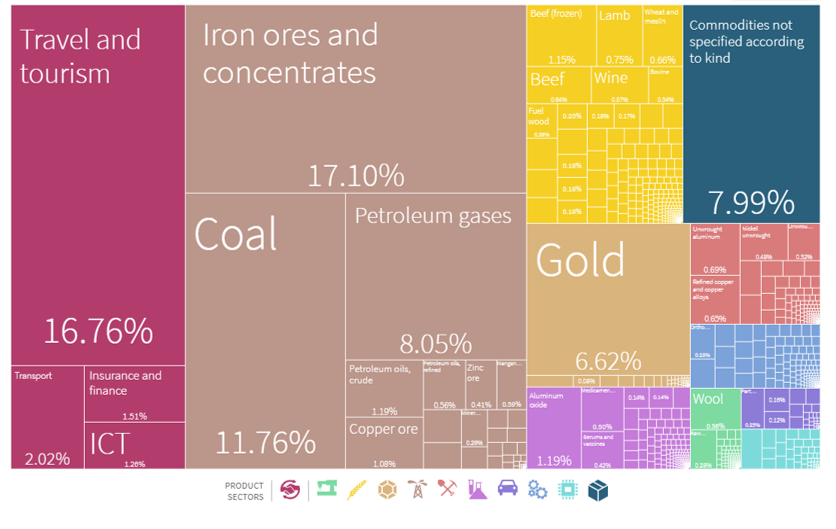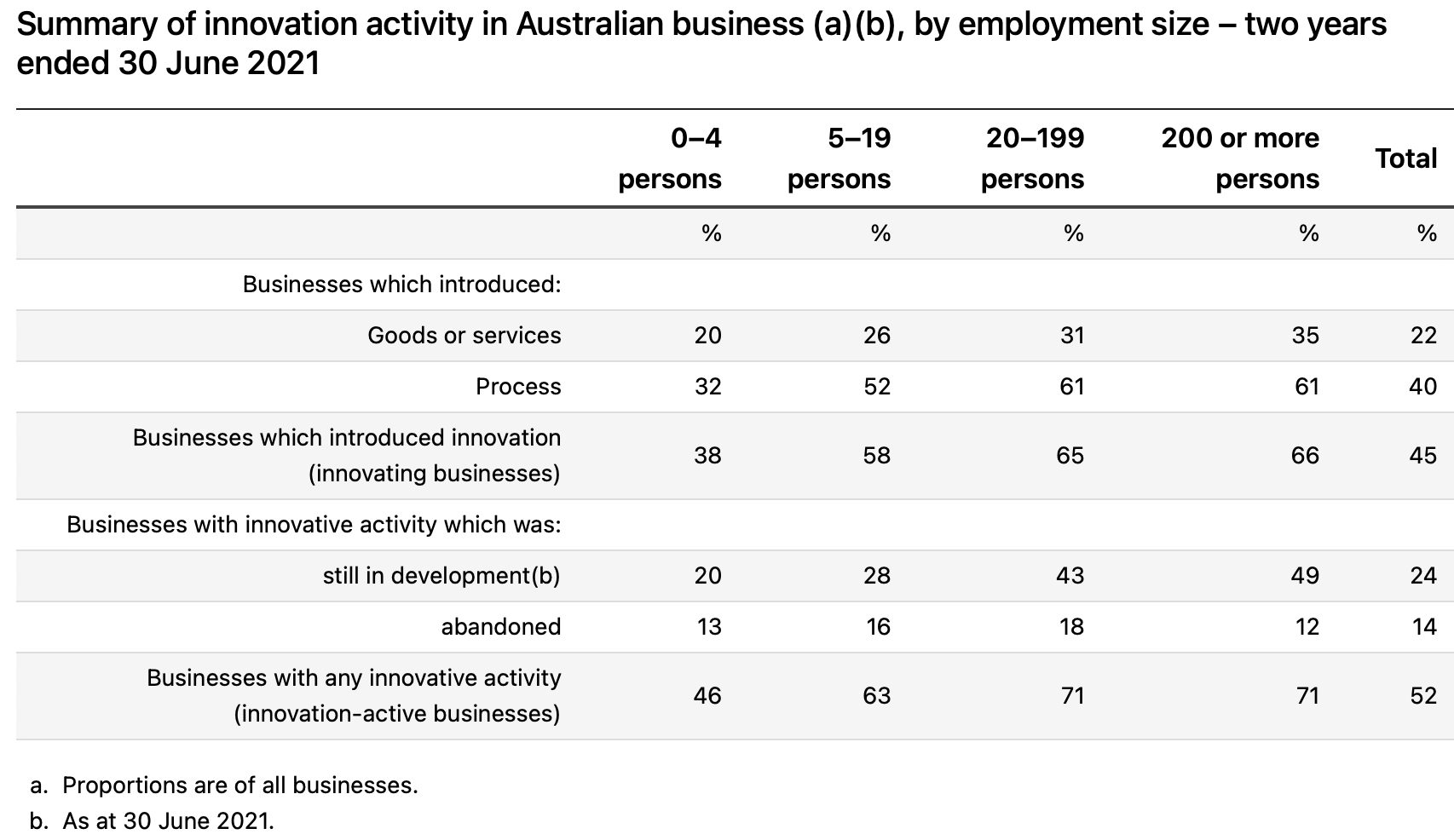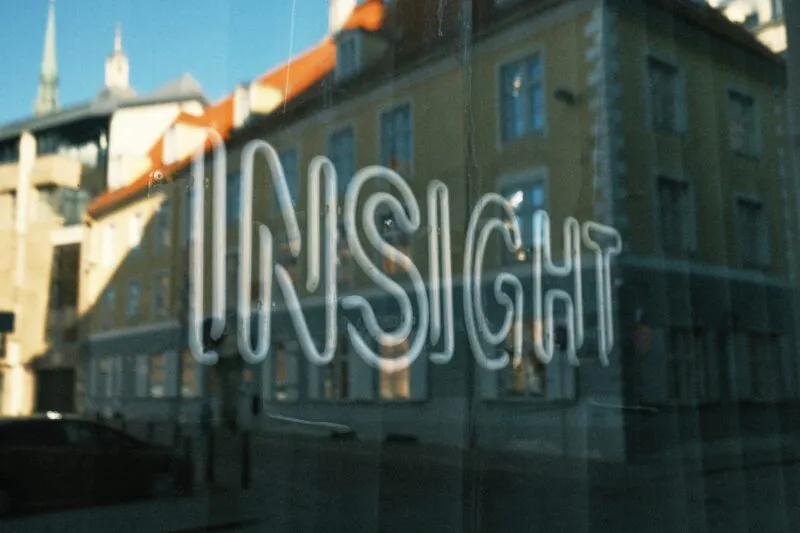Ignorance is bliss, not creative
There are many explanations as to why Australia performs lower on global innovation and creativity indexes than our historical pioneering spirit might suggest. Complacency from a safe and comfortable lifestyle, or our ‘she’ll be right, mate’ ethos. Another explanation is likely our traditional lack of curiosity and closed-minds to market research.
Please allow me to unpack this, and importantly how we can be more curious.
Australia’s slipping creativity and innovation
Australia ranks moderately okay globally on indexes of innovation and creativity. Perhaps mediocre considering our comparative wealth from golden soils. With evidence that these rankings are slipping, there is opportunity for Australia to ignite its pioneering spirit.
According to the Global Innovation Index (GII), Australia ranks 25th out of 132 featured economies, slipping from 23 in 2020 and 22 in 2019. According to the index, Australia performs better on innovation inputs (institutions, human capital and infrastructure) than outputs (scientific and creative).
Australia similarly ranks okay when it comes to global advertising creativity, sitting in 5th position according to the WARC ‘Creative 100’ countries. An improved ranking from 2021 (7th), a slip from 2018-2020 (3rd, 3rd and 4th).
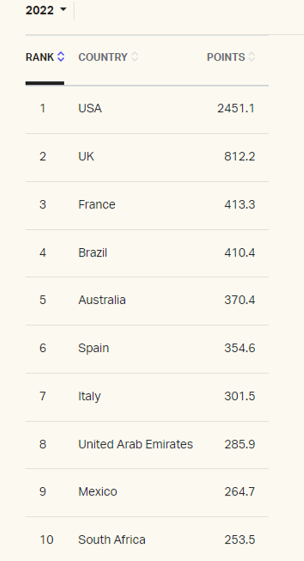
Australia needs more innovation
Australia is a relatively wealthy country, even for its small population size, largely from non-value added mining. As noted in my previous article (Here >), according to the the Atlas of Economic Complexity built at the Harvard Kennedy School of Government …
“Australia is less complex than expected for its income level. As a result, its economy is projected to grow slowly. The Growth Lab’s 2029 Growth Projections foresee growth in Australia of 2.5% annually over the coming decade, ranking in the bottom half of countries globally.”
Australia is the 8th richest country per capita of the 133 studied, but 86th most economically complex. Our economic complexity index ranking (ECI) has declined from 55th in 1995. We are far less innovative or creative country than we may believe.
Research top innovation activity
Research released in July 2022 by the Australian Bureau of Statistics indicates that 52% of businesses are innovation-active. The top commercialisation activity by these innovation-active businesses is market research, almost double the next most common activity Training on how to market the good, service or process (15%). Market research is standard innovation practice, to explore market realities to develop new products and services, and enhance processes. Even, so this only represents 27% of innovation-active businesses (i.e. around 14% of all businesses). More >
Lies, statistics and fake news
An argument against research is that so much is conflicting or misleading. It can be difficult to disseminate the difference between fact versus fiction, as fake news ever explodes and leaders exploit the confusion for gain or from their own stupidity. Conspiracy theorists proclaim facts about everything from Covid to Climate Change.
Remember when Donald Trump recommended drinking bleach to cure Covid?
Faux facts that slow progress, create fear and confusion, but soon become the norm. Sadly research and the data it creates can be manipulated to prove any argument. It is hard for the general populous to trust the facts, when leaders ever manipulate them. Ever growing use of surveys, data, algorithms, manipulation and otherwise is creating much anxiety.
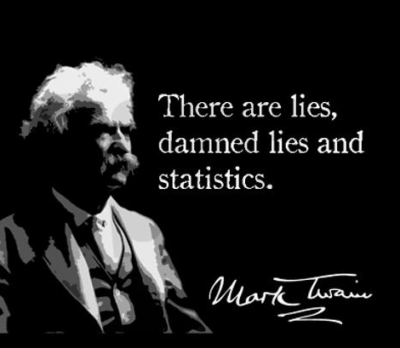
Yet, rather than encouraging ignorance, there will be an increasing need for data literacy, and how to disseminate fact from fiction.
“By 2023, data literacy will become essential in driving business value, demonstrated by its formal inclusion in over 80% of data and analytics strategies and change management programs.” Gartner, More >
Rather than ignoring the exponentially growing number of surveys and other data available to people, ensure a level of education to allow people to understand research validity, representativeness and replicability.
How to write good survey questions, collect valid data et cetera
Rise, the creative messiah!
We all seek someone to lead the way, the shining light, the creative messiah. Argument is fair and reasonable that it is best to rely on developed expertise, than research, particularly when humans are inherently irrational.
Years, decades of experience, an team aligned is best.
There is a fine line between expertise and ignorance. It can be so easy for creativity to be based on confirmation bias, the tendency to search for, interpret, favour, and recall information in a way that confirms or supports one’s prior beliefs or values, than to take on new perspectives from research. Workshops are great, but not when they just regurgitate old, intrenched views or leaders of followers, rather than customers and the wider market.
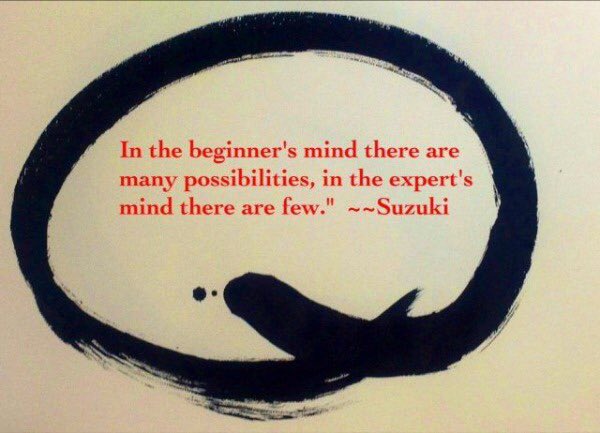
Teams, agencies, sectors can get lost in group think.
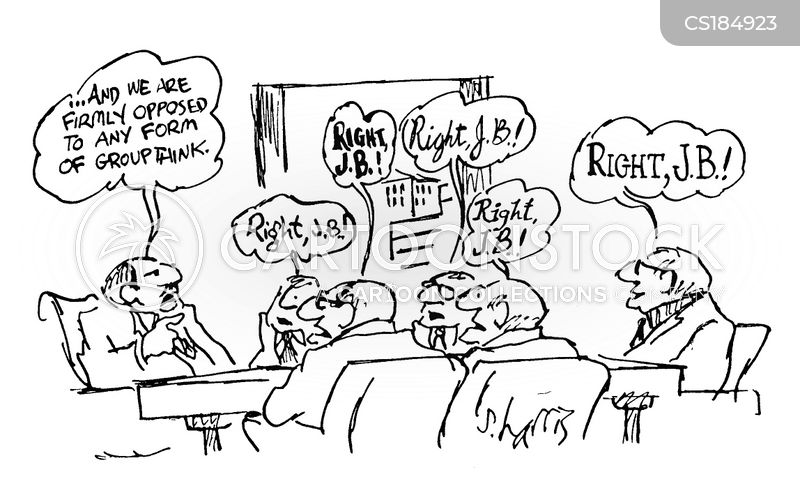
While market research is standard practice for many innovation-active businesses, and a great way to get a dose of reality away from group think, there can be ignorance and avoidance by many Australian leaders. The CEO and C-Suite already believing they know the customer sufficiently, or engineers who are strong on technical skills, and potentially weak on empathy. The designers who push-back on user feedback. Or ad guys disliking audience testing or tracking of impact. Resistance to research is often about ignorance.
The curiosity from research should spark creative imagination, not kill it.
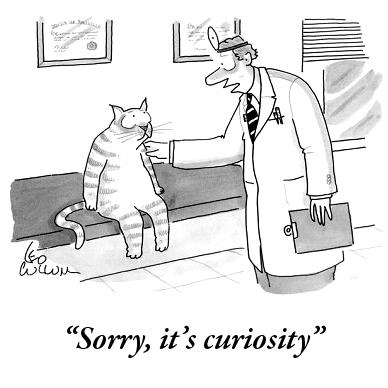
In many ways, ignorance is easier. Being comfortable in one’s bubble, safe and agreeable. There is something wonderful about the ever search for new discoveries and opportunities. Australia needs more innovative businesses, embracing their creativity and curiosity.
Likely the solution to Australia climbing global innovation and creativity indexes is multifaceted. Ensuring that our thinking is brave and bold, rather than too complacent and safe from Australia’s comparatively comfortable lifestyle. To set the bar higher as to what innovation and creativity we are striving for, rather than our ‘she’ll be right, mate.’
And, critically, ensuring that we optimising our curiosity to unlock our beginner’s mind, to ensure we are absorbing new research to illuminate exciting opportunities, rather than curiosity killing creativity. Deeply exploring the lives of the population creatives and innovators are seeking insights to guide the strategy. Not fearing concept testing of new products, ads and otherwise, as from our research often the basics are missed. Ensure the measurement of impact and how to optimise the change is more than a management KPI.
Fearing and avoiding research and other forms of evidence seems stupid. The bigger opportunity is finding the illumination when creativity and curiosity is combined effectively.
